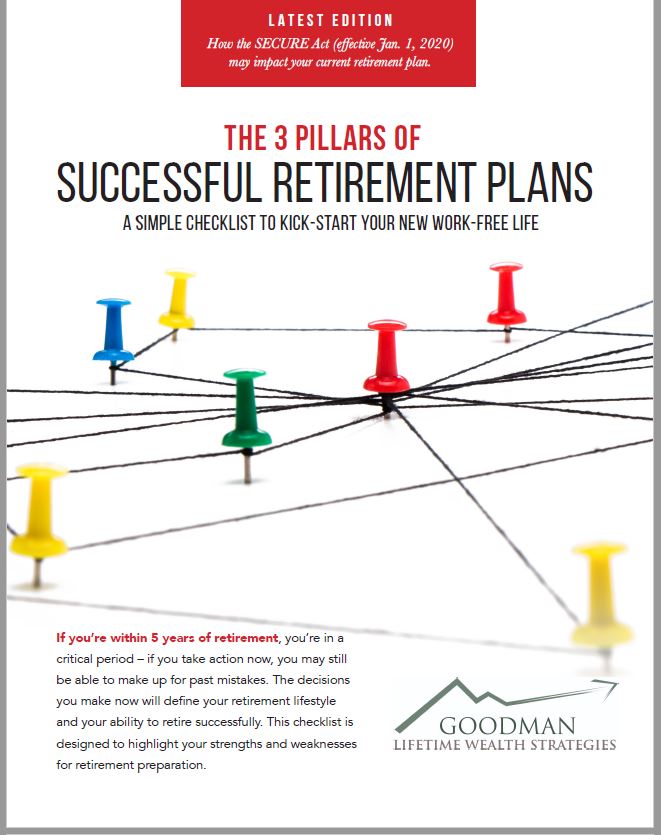A Court of Appeals ruling could set the stage for a Supreme Court opinion.
The fiduciary rule is now a retirement planning standard – at least in 47 states. A recent appeals court ruling has dealt a blow to this new financial industry regulation, which has been applauded by investors and financial professionals alike.1
You probably have heard of this rule; if not, here is a brief explanation. The fiduciary rule is the recent directive from the Department of Labor requiring financial professionals who serve as retirement plan advisors to adopt a fiduciary standard. In other words, the advisor must regularly put the client’s interest first in the client-advisor relationship.1

In Louisiana, Mississippi, and Texas, the fiduciary rule has been struck down. The Fifth Circuit Court of Appeals decided 2-1 in March to vacate the fiduciary rule in those states. As of May 7, it will no longer apply within their borders. If the DoL appeals the court’s decision on or before that date, that means limbo.1,2
This ruling opened a legal door, and some financial industry analysts think that a Supreme Court ruling may be ahead.1,3
The 2-1 decision reflects the fact that the full court was not present, so the DoL could simply ask for a rehearing before the full court instead of an appeal. The DoL also has a legal plus on its side: no other court has reviewed the fiduciary rule and concluded that it amounts to the DoL overstepping its bounds under the Employee Retirement Income Security Act (ERISA).1,3
Many financial services companies and financial professionals are hoping for resolution soon, for they have already altered their business practices and compensation models to align with the fiduciary rule. Having made that commitment, they could lose face by turning legally away from it to any degree. They might keep upholding the fiduciary standard whether the rule stands or falls.1,2
If the fiduciary rule does fall, you can at least say that the industry rose to meet its standard. Whether the highest court in the land is called upon to determine the validity of the rule or not, whether the rule ends up standing or not, it definitely prompted a paradigm shift in the way retirement plan advisors and retirement planners thought about their roles – and that shift may be permanent.1
This material was prepared by MarketingPro, Inc., and does not necessarily represent the views of the presenting party, nor their affiliates. This information has been derived from sources believed to be accurate. Please note – investing involves risk, and past performance is no guarantee of future results. The publisher is not engaged in rendering legal, accounting or other professional services. If assistance is needed, the reader is advised to engage the services of a competent professional. This information should not be construed as investment, tax or legal advice and may not be relied on for the purpose of avoiding any Federal tax penalty. This is neither a solicitation nor recommendation to purchase or sell any investment or insurance product or service, and should not be relied upon as such. All indices are unmanaged and are not illustrative of any particular investment.
Investment Advisory Services are offered through Brookstone Capital Management, LLC (BCM), a Registered Investment Advisor. Insurance and annuity products are provided separately through Adam Goodman.Citations.1 – thestreet.com/story/14527631/1/court-ruling-puts-fiduciary-rule-and-retirement-investors-in-limbo.html [3/20/18]2 – tinyurl.com/ycgk3vmf [3/27/18]3 – employeebenefitadviser.com/opinion/rip-fiduciary-rule-not-so-fast [3/6/18]



Leave a Reply